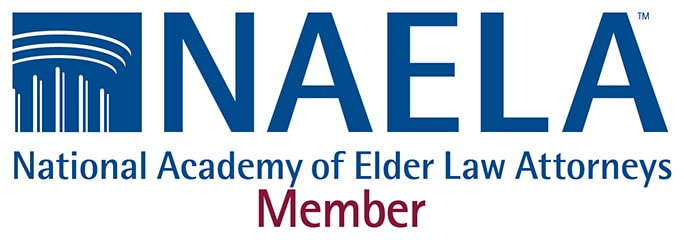|
In celebration of the Thanksgiving season, we would like to express our gratitude and appreciation to the fantastic financial advisors in our community who have partnered with our office for the benefit of our mutual clients. Thank you! Our clients have great financial advisors. We appreciate you. With your help and guidance, we have been able to create the best legal plan for our clients.
We want to say “thank you” to our partners in the community. Educating our clients and the community is a priority for our office is part of the mission of our firm, and we do that best when we are partnering with our clients’ financial advisors in the community. We contacted our partners in the community in the area of finance to help our clients understand the role of a financial advisor in the estate plan. We are titling this series, “Partnering with the Pros: The Importance of a Financial Advisor.” We will be featuring some interviews with our friends who are financial advisors on our website highlighting the importance of a financial advisor as part of our series. Understandably, for legal compliance reasons, some of our great partners were unable to participate in the interviews. Check out our blog post at: www.skwlawoffice.com. Alyssa Proctor is a Franklin County native who lives in Shippensburg with her husband and two boys. She graduated with a bachelor’s degree from Shippensburg University and has been in the industry for 10 years. She is a Certified Financial Planner®, recently obtained her Certified Trust and Fiduciary Advisor designation and is working on her MBA from Texas A&M Corpus Christi. In her spare time, she enjoys reading, cooking, and traveling with her family. I. What is the point of a financial advisors? A Financial advisor is there to give you confidence in your financial plan through education, guidance and partnership with you and your other professional advisors (accountant, attorney, etc) II. When do I need a financial advisor? You would want to engage with a financial advisor when you don’t have that confidence that you are on the right track with your financial goals. If you don’t have the interest, the time or the skill to research options and execute on your decisions, it may be time to find an advisor. You also need an advisor if you think you may be prone to making decisions based on emotion, which often leads to doing the exact opposite of what a professional advisor would suggest for you at that time. Utilizing an advisor has been shown to add up to an additional 3% in net returns for clients. (https://www.vanguard.com/pdf/ISGQVAA.pdf) III. How do I pick a financial advisor? I believe that referrals from people you trust are a great place to start, but you can only pick an advisor based on your personal interaction with him/her. You have to be able to trust that they will only recommend what is in your best interest, so you have to achieve a certain level of comfort with that person. Ask the prospective advisors if they are held to a fiduciary standard (duty to do what is in the client’s best interest) or a suitability standard. IV. What makes you unique as a financial advisor? I look at a customer’s entire financial picture when I make a plan or recommendation. I can work with their investments, of course, but we also talk about their finances holistically. We discuss their overall goals, but we dive into all realms of their finances – to include budget, insurances, estate planning, education, etc. V. What are attributes you should look for when trying to find a financial advisor? See iii. VI. How often should you meet with a financial advisor? This is a very personal decision – I send letters to my clients annually to offer a review, but this depends on the complexity of your finances as well as your comfort level with investments and planning. Some want to meet 4 times a year, and others touch base as they see a need to. VII. How do I switch financial advisors? Once you find an advisor you trust and want to make the switch, be prepared that the advisor you are leaving may call. Be honest with why you are leaving, but it definitely helps if you are prepared for that conversation. Also, keep in mind that transferring accounts can sometimes take a few weeks, but in the end, it will be worth it for you to be confident in the advisor you chose to work with. VIII. What should be the relationship between a client’s financial advisor and attorney be? Your financial advisor should be willing and able to work in a cohesive partnership with any other professional advisors, to include attorneys and accountants. They should be able to coordinate advice and recommendations, as well as work together to implement any plans that are decided upon. IX. What is the most rewarding asset of your job? This is an easy question – I love being able to give a client confidence in their plan and their overall finances. I will never forget the times that a customer has walked out of my office and said how grateful they are to feel more confident that they are on track for their goals or that they consider it a blessing to have been referred to me – that positive feedback is why I do what I do.
0 Comments
Leave a Reply. |
The Law Offices of Samantha K. Wolfe
20 East Sixth Street, Suite 206, Waynesboro, PA 17268
Hours: Monday thru Friday 8:30am to 4:30pm.
Other times by Appointment Only. Virtual Appointments Available.
717-655-2676
OUR NETWORKS
Website Design by Crawford Designs
20 East Sixth Street, Suite 206, Waynesboro, PA 17268
Hours: Monday thru Friday 8:30am to 4:30pm.
Other times by Appointment Only. Virtual Appointments Available.
717-655-2676
OUR NETWORKS
Website Design by Crawford Designs




